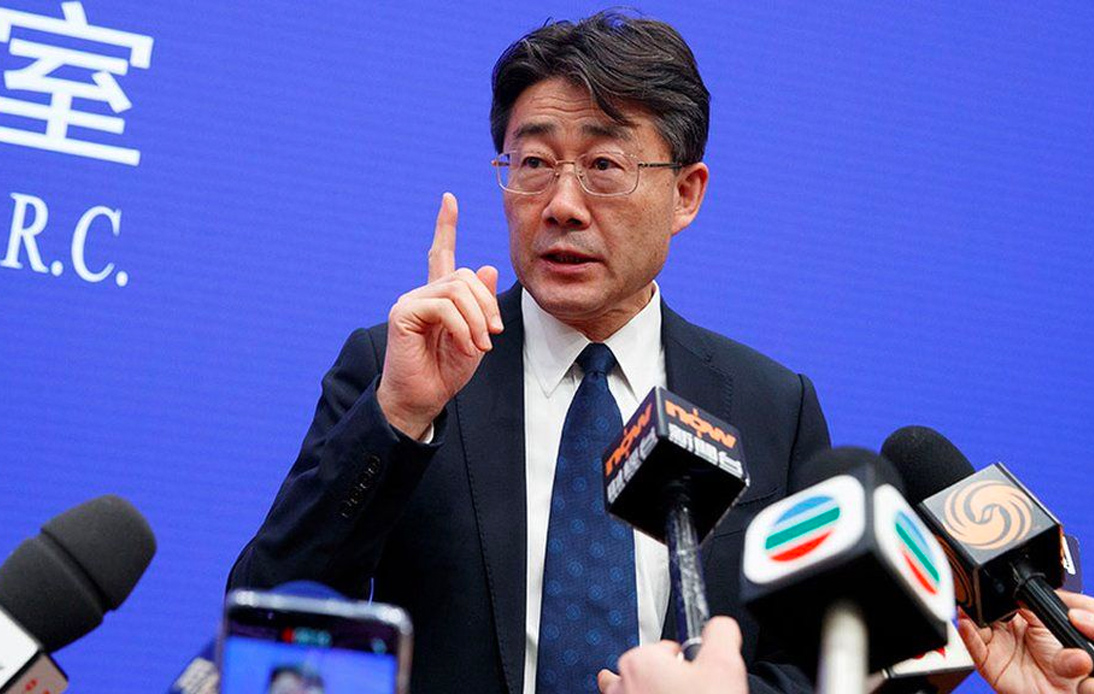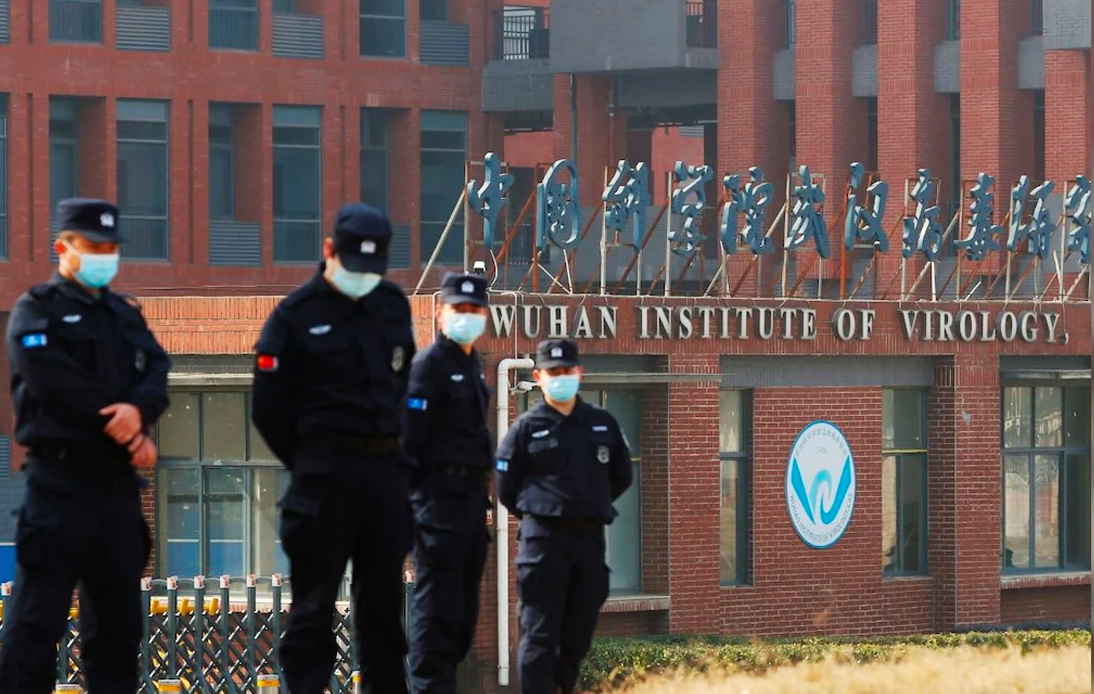
The previous head of the Center for Disease Control and Protection (CDC) in China has indicated that the laboratory leak theory regarding the origin of Covid-19 should not be dismissed.
George Gao, a globally recognized virologist, further mentioned that an inquiry into the lab leak theory was conducted by a different division of the Chinese government, marking the first admission that some form of official investigation occurred.
“They haven’t found wrongdoing,” he declared. Gao’s role as the head of the CDC until July 2022 placed him in a central position within China’s investigations into the origins of Covid.
The virus was initially discovered in Wuhan, a central Chinese city, in December 2019. Multiple studies have proposed that Covid most probably originated from a Wuhan wet market where live animals were traded.
Nevertheless, Wuhan also houses the Wuhan Institute of Virology, a laboratory that researches coronaviruses. This circumstance has given rise to the theory that the virus could have accidentally escaped from a lab.
Initially dismissed by health experts, this theory was propagated by Donald Trump during his presidency. China has consistently denied this theory.
In an interview with the BBC, Gao stated: “You can always suspect anything. That’s science. Don’t rule out anything.”
Currently, Gao holds the position of vice-president of the National Natural Science Foundation of China, a governmental funding agency.
The pursuit of the origins of Covid has been hindered by the Chinese government’s refusal to collaborate fully with international fact-finding initiatives and the politicization of the issue.
In the West, the potential lab leak has been associated with the notion that the virus was intentionally and harmfully released, feeding into conspiracy theories.
Since Biden became US president, authorities have taken the lab leak theory more seriously. In May 2021, Biden ordered an intelligence review of this hypothesis.
Earlier this year, the Wall Street Journal stated that a revised, classified 2021 US energy department report had concluded “low confidence” that the virus most likely resulted from a lab leak – a conclusion contradicting the findings of numerous other US intelligence agencies.
In March 2021, a World Health Organization (WHO) research team, after a trip to Wuhan, concluded that the lab leak hypothesis was “extremely unlikely”.
But their visit was impeded by the Chinese government and the second phase of the investigation has since been discontinued.
Speaking to Nature in February, WHO epidemiologist Maria Van Kerkhove said: “The politics across the world of this really hampered progress on understanding the origins.”
The Chinese government has labeled the lab leak theory as “false and erroneous”.
However, during his BBC interview, Gao stated: “We really don’t know where the virus came from … the question is still open.”
James Wood, an infectious diseases professor at the University of Cambridge, commented: “Professor Gao is an internationally respected scientist.”
“There is strong evidence from virus genomics that the Covid-19 virus was not artificially engineered, or made by humans, but likely arose from another virus infecting wildlife.”
“Science deals with probabilities, not certainties. We may never know for sure how Covid-19 entered the human population. What matters is learning lessons, reducing live wildlife trade, and regulating laboratory safety” he expressed.
Educated in the UK, the US, and Canada, Gao is recognized in China’s public health circle for his strong ties with international peers – and for his occasional willingness to deviate from the Communist party narrative.
Gao stirred up a controversy in April 2021 when his comments seemed to challenge the efficacy of Chinese vaccines. However, he later clarified that his remarks pertained to all vaccines, not exclusively those from China.
China renounced pandemic control measures in December after three years of a zero-Covid strategy. Now, facing a fresh outbreak, Chinese scientist Zhong Nanshan projects 65 million new cases per week, peaking by the end of June.





















